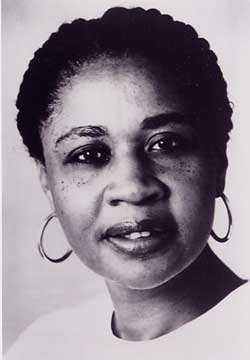
|
Jamaica Kincaid's A Small Place:
Discussion Questions |
Jamaica Kincaid's A Small Place is a book that
helps us understand the frustration and dilemma of being a member of a society that has
been colonized even after colonization has officially ended. As we will see this
semester, her frustration is not the only way to respond to such a state of affairs, but
it does raise for us issues such as the following:
- What has been lost due to colonization in the way of past culture,
its ways, identity, and language ?
- Does the current cultural expression of a formerly colonized people
represent a victimized, oppressed, even inauthentic state?
- What happens when a small place with small events cannot give an
account of itself?
- Can tourism really be understood to be a beneficial, or even benign,
market for the Caribbean?
- What are the origins and impact of present government corruption and
poverty on the Caribbean?
- What makes the personality and consciousness of Caribbean peoples
different from Western individualism?
Discussion Questions
- How does Kincaid describe the typical tourist? Is she being
fair?
- Why does the native person hate the tourist?
- How does she describe the current (c.1988) economic state of Antigua?
- Why is she so angry at the British? Why can't she forgive and forget?
- Whom is she addressing ("you") on pages 34-37?
- Why is the loss of the library important to her? What does it
represent?
- According to Kincaid, why can't a small place with small events give
an account of itself?
- What is the relationship between slavery, past British colonialism,
and present government corruption?
- Why is the beauty of Antigua "too beautiful"? (77)
- Does Kincaid's tone shift in A Small Place
in important ways? Why or why not?
- Why does she conclude her essay the way she does? What does she
finally conclude about human beings?
- What does Kincaid want her (western) reader to
ultimately understand?
|
|
